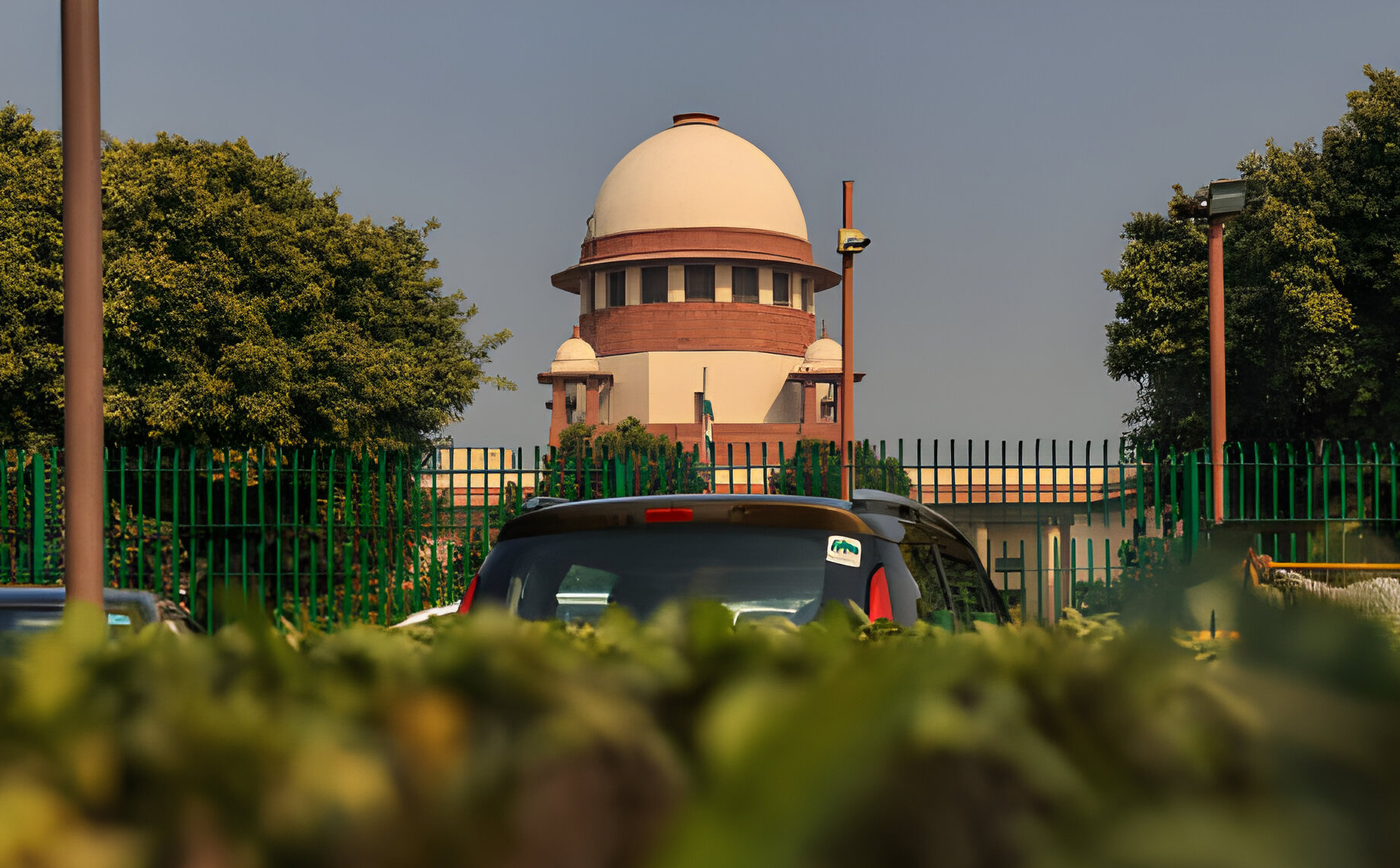New Delhi, Jan 10: The Supreme Court dismissed a Public Interest Litigation (PIL) on Friday that claimed the Reserve Bank of India (RBI) exchanged ₹30 crore worth of defaced currency notes linked to a Kashmir separatist group. Justices Surya Kant and N. Kotiswar Singh rejected the petition after the RBI argued that the petitioner, Satish Bhardwaj, was dismissed from his role at the bank and failed to disclose this fact to the court.
During the proceedings, the bench noted, “He appears to be a disgraced employee of a bank,” after senior advocate Jaideep Gupta, representing the RBI, contended that there was no merit to Bhardwaj’s allegations. Bhardwaj, representing himself, cited a newspaper article related to the issue and claimed that the RBI had only denied the allegations five years after the PIL was submitted.
Justice Surya Kant indicated to Bhardwaj that he was the one who concealed pertinent facts in his petition. After admitting his dismissal from the bank, the bench stated, “We are not inclined to entertain this writ petition ostensibly filed in public interest. Therefore, it is dismissed. However, should the issues require adjudication, they may be addressed in an appropriate case.” Previously, on January 7, 2020, the apex court had instructed the Centre to examine the PIL, acknowledging it might concern national importance.
Bhardwaj contended that in 2013, the Jammu branch of the RBI exchanged currency notes that belonged to a separatist group named “Kashmir Graffiti.” He claimed that he had approached the CBI to investigate the matter, but no action was taken. His plea described the exchange of ₹30 crore worth of defaced Indian currency by a separatist group as illegal and deserving of court intervention, arguing that the group aimed to incite unrest in the Jammu and Kashmir region.
According to Bhardwaj, the separatist group had announced on Facebook that they had stamped separatist slogans on Indian currency totaling ₹30 crore between May and August of 2013. He maintained that currency notes could only be exchanged as per the law and that the RBI regulations prohibited the exchange of such stamped currency. (Agencies)


Leave a Reply